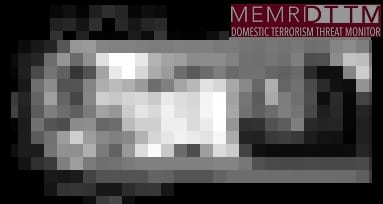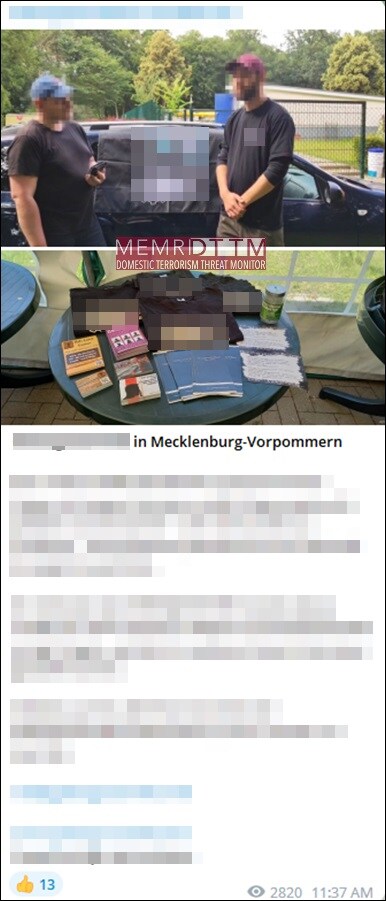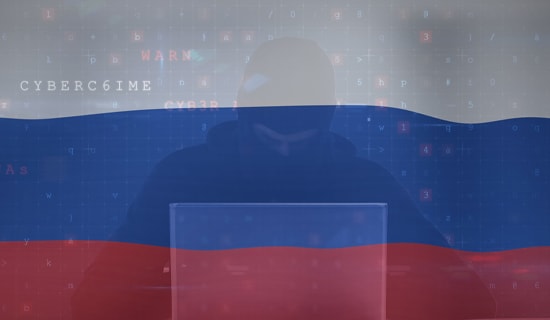A German organization is assisting incarcerated neo-Nazi and ultranationalist activists by various means including funds for immediate family members and legal expenses, encouraging and organizing correspondence between prisoners and other neo-Nazis, and support upon their release from prison. The organization is a steady component in the German neo-Nazi scene and mobilizes a large following. The German neo-Nazi scene includes a large number of convicted activists who are and have been imprisoned and who have engaged in unconstitutional activities, including the dissemination of material from unconstitutional organizations or rhetoric inspired by national socialist ideology, the denial or trivialization of the Holocaust, the display of certain symbols, and the public glorification of Adolf Hitler and other renowned figures of the NSDAP. The German penal code punishes a number of anti-constitutional activities and thus serves as an important legal instrument in combatting political extremism. Despite the often-polarized atmosphere in its internal structures and methods, the German neo-Nazi community shows uncompromising and unified solidarity with neo-Nazis who have come into conflict with German law.
YOU MUST BE SUBSCRIBED TO THE MEMRI DOMESTIC TERRORISM THREAT MONITOR (DTTM) TO READ THE FULL REPORT. GOVERNMENT AND MEDIA CAN REQUEST A COPY BY WRITING TO DTTMSUBS@MEMRI.ORG WITH THE REPORT TITLE IN THE SUBJECT LINE. PLEASE INCLUDE FULL ORGANIZATIONAL DETAILS AND AN OFFICIAL EMAIL ADDRESS IN YOUR REQUEST. NOTE: WE ARE ABLE TO PROVIDE A COPY ONLY TO MEMBERS OF GOVERNMENT, LAW ENFORCEMENT, MEDIA, AND ACADEMIA, AND TO SUBSCRIBERS; IF YOU DO NOT MEET THESE CRITERIA PLEASE DO NOT REQUEST.

There is a long history in Germany of neo-Nazi activists assisting their imprisoned compatriots that began with the 1979 founding of the outlawed organization "Hilsorganisation für national politische Gefangene und deren Angehörigen e.V./HNG" ("Relief Organization for National Political Prisoners and their Relatives"), as well as the 2003 founding of the outlawed "Verein zur Rehabilitierung der wegen bestreitens des Holocaust Verfolgten/VRBH" ("Association For The Rehabilitation Of The Persecuted Due To The Denial Of The Holocaust"). HNG, which assisted approximately 600 prosecuted neo-Nazi activists and was the largest neo-Nazi relief organization in the country, was outlawed in 2011. The respective decree was enacted on grounds of numerous raids carried out in 2010 resulting in allegations of anti-constitutional aspirations, while simultaneously having undermined the state-funded rehabilitation efforts.
Shortly after the ban of HNG, a new organization emerged in 2012, having taken over HNG's activities. According to its webpage, the organization serves as a collective platform of different initiatives and groups dedicated to the assistance, direct support, and rehabilitation of prisoners. Although not having explicitly indicated any direct association with the banned "HNG," its methods are the same and it operates in the same circle of groups and people embedded in the "National Resistance," which refers to the network of independent German neo-Nazi groups, and the "Free Comradeships," which distinguishes itself by its independently operating neo-Nazi entities that are not registered as an association and have therefore no legal capacity, yet are strongly intertwined with other groups within the "National Resistance."
The group is led by a German neo-Nazi, who is a functionary at a German neo-Nazi party, having established the regional Potsdam-Mittelmark party branch. Eminger formerly acted as the regional chairman of the Potsdam branch of another neo-Nazi political organization, the youth organization of a neo-Nazi political party. Moreover, he has maintained close connections with the former neo-Nazi terror cell "National Socialist Underground" (NSU), which executed a series of lethal attacks and robberies between 2000 and 2007, killing 10 people, of whom nine were immigrants themselves or were the children of immigrants. His NSU connection was primarily established through his brother, who had been one of the principal contacts of the NSU, having handled the terror cell's networking and logistics.

The organization is active on social media, but also heavily relies on word-of-mouth communication, which helps neo-Nazis avoid German government surveillance. On its webpage, the organization calls for the distribution of information material on its activities. A message on the website states: "Our prisoners cannot defend themselves and need our full support! Anyone who has ever been caught in the mills of justice... helplessly at the mercy of the system! Only united can the community achieve something, as an individual you are powerless. Let's give our prisoners a voice and the support they need..."
Donation Campaigns Sponsored By Various Neo-Nazi Bodies
Due to the German government's efforts to undermine the group's receipt of donations, the organization's website outlines discreet means of donating.
Donations can be sent anonymously to the organization by direct contact or submitted physically to the representatives of the organization at neo-Nazi events. The organization's Swedish bank account to which donations could initially be transferred is no longer available. Those wishing to donate postage stamps to facilitate correspondence with those in prison can send the stamps to the organization's address in Sweden, from which they will then be sent to those who want to correspond with the prisoners. Supporters can also donate clothing, books, laptops, and computers, to be given to the incarcerated when they are released.
Various entities in the German neo-Nazi scene generally sponsor donation campaigns by donating and preparing items that are put up for auction. Despite the organization's limited resources and reliance on sponsorship, operating in the background enables the group to limit its visibility outside the neo-Nazi community. This is particularly vital to the organization's longevity and minimizes the likelihood it will be outlawed as was its predecessor "HNG."

On October 10, two images were posted on Telegram featuring two members of the organization, whose faces are digitally pixelated, standing in front of a poster bearing the group's logo hanging on a car window. The second image shows a donation can and material from the organization including booklets, shirts bearing the group's emblem, campaign flyers, and stickers spread out on a table.

An engraving company run by a neo-Nazi activist and former operator of an outlawed neo-Nazi webpage sponsored a wooden board engraved with the organization's emblem. As the Telegram post and webpage entry revealed, proceeds from the auctioned item would go toward the assisting an imprisoned neo-Nazi.

A German neo-Nazi lifestyle magazine launched an auction campaign in collaboration with the group. The organization posted on April 15, 2021, on its Telegram channel a graphic featuring the various items sponsored for incarcerated neo-Nazis.

Correspondence And Networking Between The Incarcerated Neo-Nazi Activists And The Outside Community
The prime objective of the group is not solely limited to the collection of donations, but further facilitates an extensive network for fellow neo-Nazi prisoners and their families within the framework of a thriving and self-sufficient neo-Nazi infrastructure operating to some extent underground. The effort includes helping inmates after they are let out of prison, including helping them find work in the diverse fields of work and companies embedded in the neo-Nazi infrastructure. On its social media outlets, the group regularly shares updates on the prisoners, with information received by correspondence. The latter is promoted frequently on Telegram through an open call to write letters directly to the respective penitentiary where the inmate is serving their sentence.
On its Telegram channel, the organization posted on November 18 a graphic inscribed with the message written in Fraktur-script: "Don't forget our prisoners! Write them!" The accompanying messages states the following: "We can only write to those prisoners who are known to us. Therefore... If you know a national prisoner, please write to us and tell us his or her prison address... We can only help a community and only where we know need is demanded. Community instead of isolation!"

The full text of this post is available to DTTM subscribers.
If you are a subscriber, log in here to read this report.
For information on the required credentials to access this material, visit the DTTM subscription page








